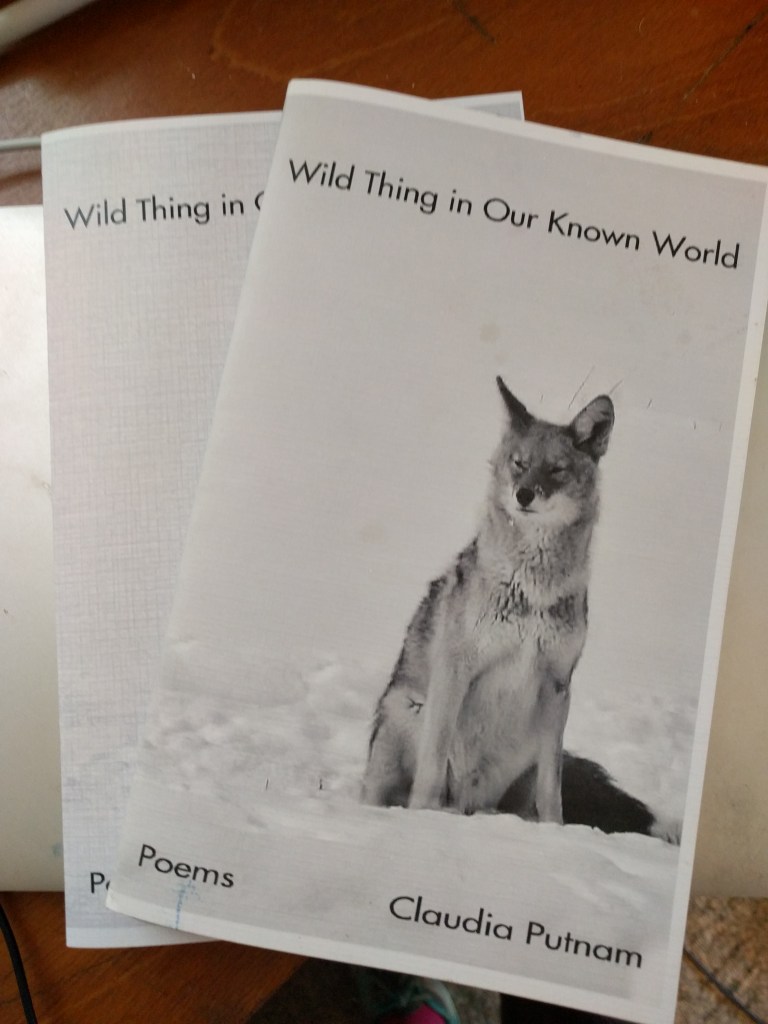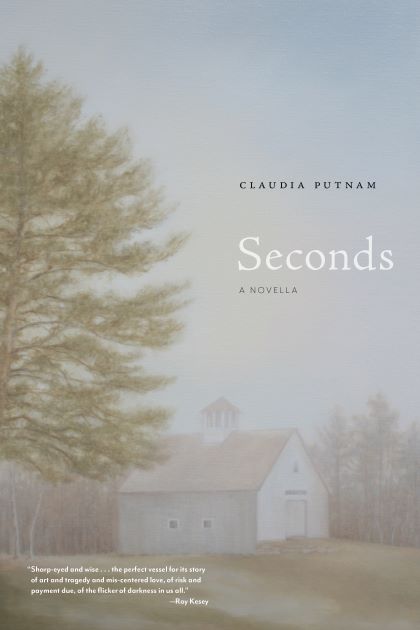
What’s Underneath: Landscape, Character, Vulnerability
Claudia Putnam is a writer living in Western Washington with two huskies and a ticked-off cat. Before that, she spent decades on the Colorado Plateau. She was born and raised in New England. Her work focuses on the intensities of the these bioregions and the people who live inside them. Currently, she is exploring the juxtaposition of serenity–the PNW coastlines and forests–and deep-welling unrest–the underlayer of magma and tectonic collision between the serenity of the PNW coastlines & forests and the underlayer of magma and tectonic collision.




